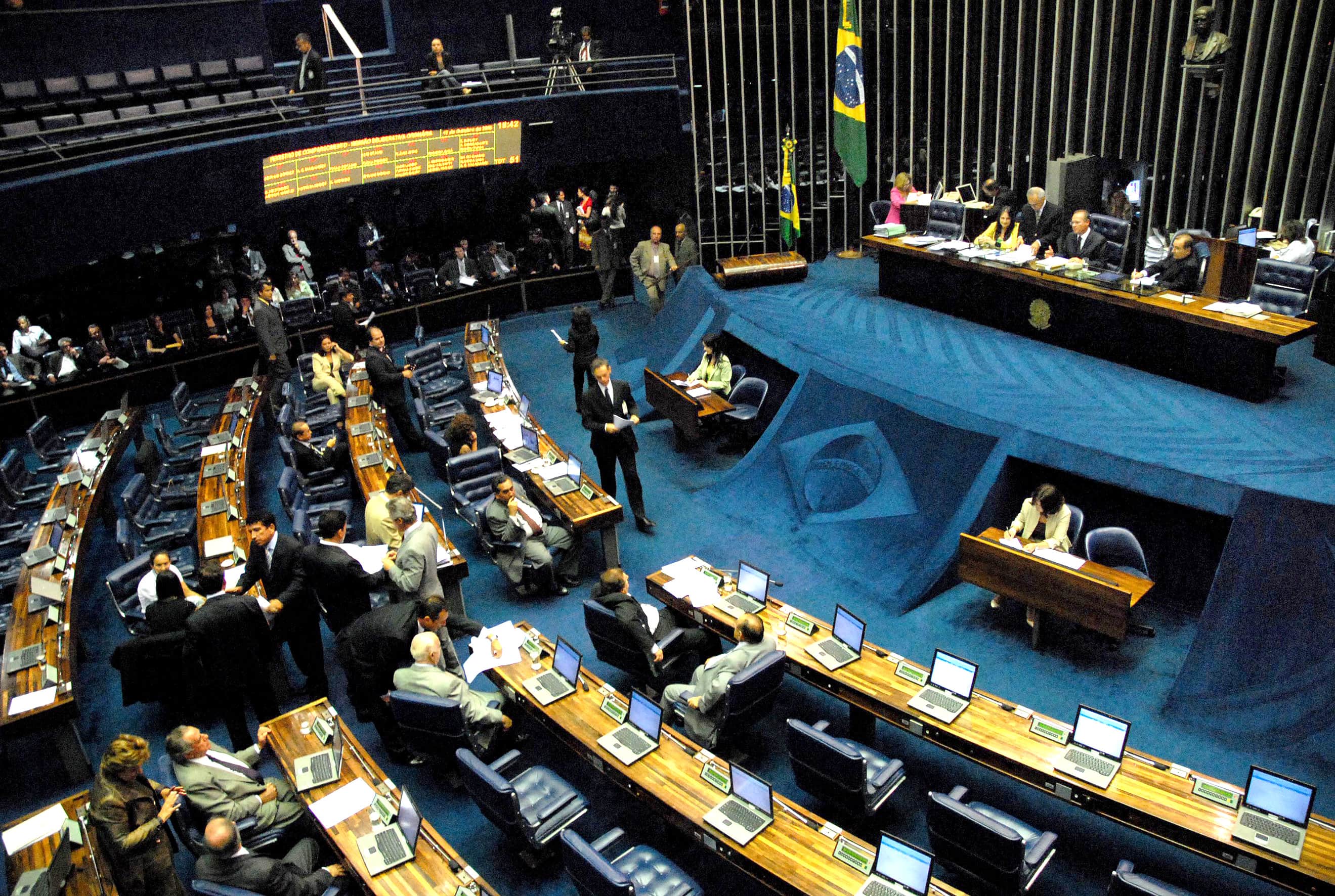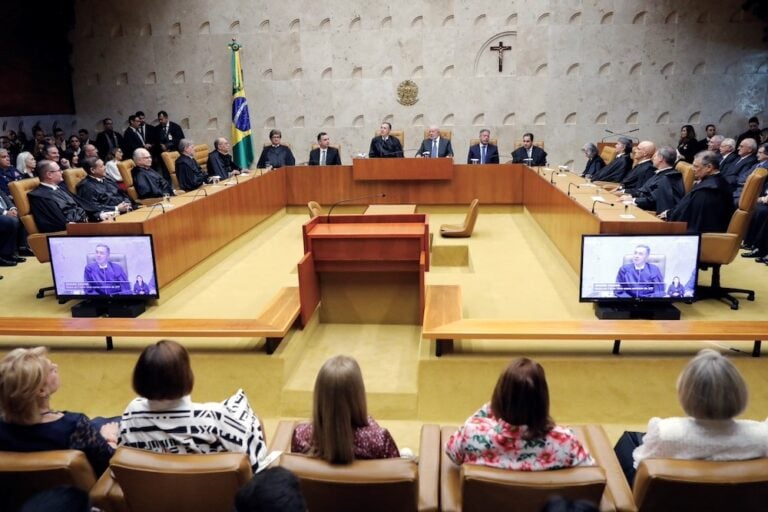IFEX is calling for the Brazilian Senate to take more time to debate an anti-terrorism bill that is due to be voted on 27 October. The bill's wording is ambiguous enough to allow for overbroad interpretation of the characteristics of the crime of terrorism.
IFEX, the global network of 104 organisations dedicated to promoting and defending freedom of expression, is concerned about the potentially wide-reaching effects of the proposed Anti-Terrorism Bill currently being debated in Brazil. The bill was passed by the country’s House of Representatives in August, and will be voted on in the Senate on Tuesday 27 October. IFEX is concerned that the bill, in its current form, will pose a threat to the right to protest.
Under pressure from civil society, the House of Representatives made amendments to the bill, before voting on it in August, to remove a definition of terrorist acts as those motivated by ideological or political reasons, and added a paragraph which explicitly excludes from the scope of the law “political demonstrations, social movements, trade unions, religious, class or professional associations, driven by social or collective protest purposes.”
Unfortunately, two senators, Senator Humberto Costa and Senator Aloysio Nunes Ferreira, have introduced elements to the current version of the bill that undo the work of the House, reinstating the references to ideological and political motivations for “terrorist acts”, as well as removing the exclusion of political demonstrations and social movements from the scope of law. These changes have raised the concern of civil society, including the local Brazil office of IFEX member ARTICLE 19.
Additionally, the current approved wording is ambiguous enough to allow for overbroad interpretation of language such as “causing social or generalized terror” as defining characteristics of the crime of terrorism. The main concern with this bill is that legitimate social protest could be criminalized, a serious concern in Brazil given last year’s massive demonstrations over World Cup spending, something that is likely to be repeated in the run-up to the 2016 Olympic Games in Rio de Janeiro.
All the activities covered in the bill and defined as terrorist acts are already punishable under the Criminal Code, leading civil society to suggest that this initiative may be seeking to further repress protests across the country. Brazilian civil society organisations, in an open letter to President Dilma Rousseff wrote that “Practice shows that laws like this, in Brazil and abroad, have been repeatedly used to intimidate, control and prevent the exercise of guarantees provided in the Constitution, the rights of movement, association and demonstration.”
IFEX believes that this bill demands a more detailed and thorough debate before is it voted upon in the Senate. There is a risk here that without a fulsome debate, Brazil could adopt provisions that will endanger democratic freedoms.



